Question And Answer
Publications
Articles, publications, books, tools and multimedia features from the U.S. Institute of Peace provide the latest news, analysis, research findings, practitioner guides and reports, all related to the conflict zones and issues that are at the center of the Institute’s work to prevent and reduce violent conflict.
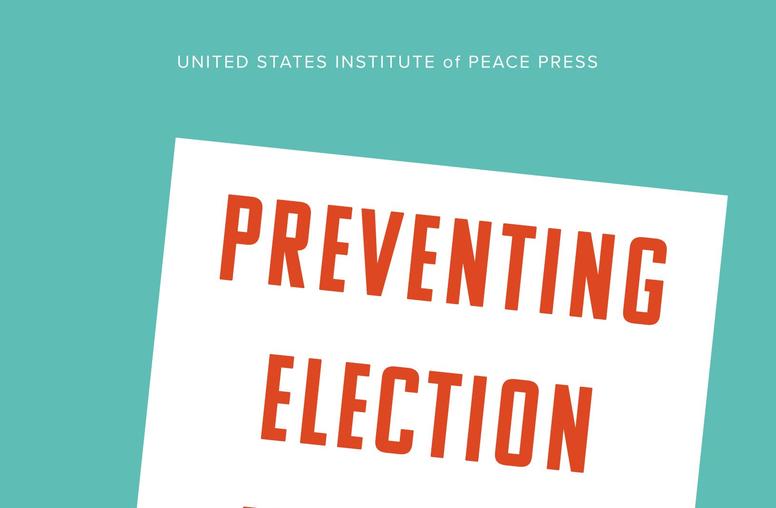
Preventing Election Violence Through Diplomacy
Focusing on three case studies in Africa, this book analyzes the utility of diplomacy in preventing election violence. After defining and identifying the key dimensions of preventive diplomacy to prevent or reduce election violence, it looks at presidential elections between 2006 and 2017 in the Democratic Republic of the Congo, Kenya, and Nigeria. Drawing on personal experience, the literature, case study reviews, and expert interviews and roundtables with academics and practitioners, the book highlights conditions for the success and the failure of preventive diplomacy, offering recommendations to the international community for maximizing the efficacy of this unique tool.
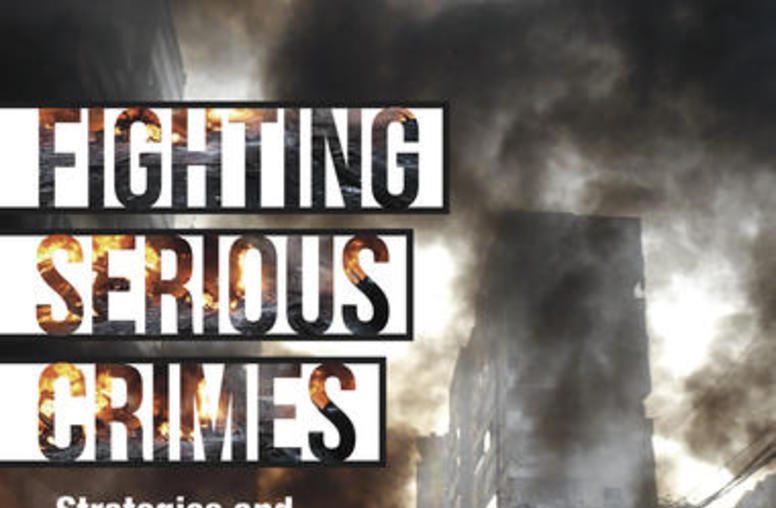
Fighting Serious Crimes
Fighting Serious Crimes: Strategies and Tactics for Conflict-Affected Societies is an invaluable resource for anyone battling serious crimes in societies seeking to avoid conflict, to escape from violence, or to recover and rebuild. Packed with practical guidance, this volume includes real world examples from more than twenty of today’s conflict zones, including Libya, Yemen, Iraq, Afghanistan, Somalia, and Colombia.
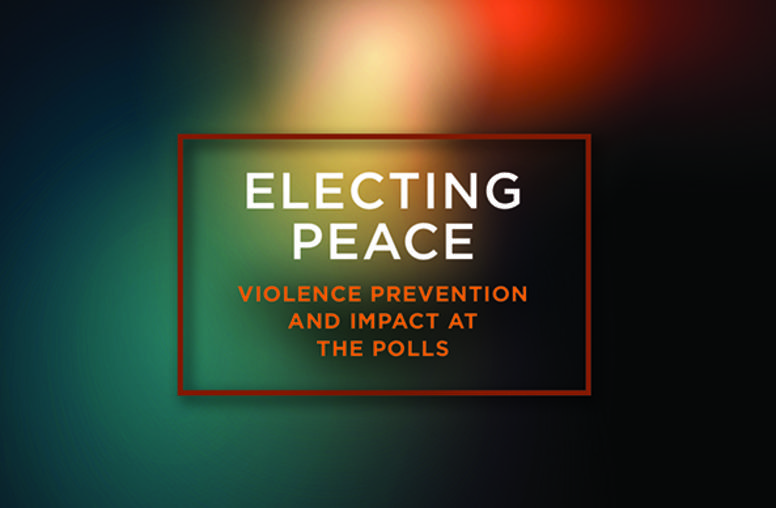
Electing Peace
Electing Peace: Violence Prevention and Impact at the Polls examines election violence prevention and assesses the effectiveness of different prevention practices—which are effective, which are not, and under what circumstances.
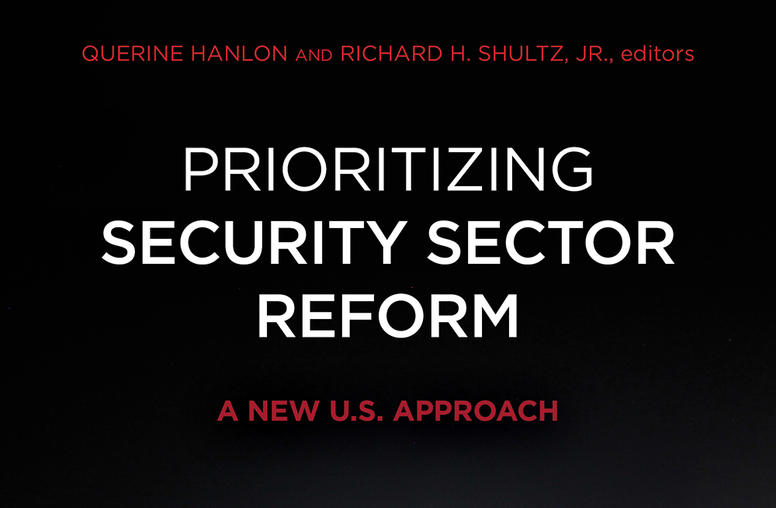
Prioritizing Security Sector Reform
Prioritizing Security Sector Reform: A New U.S. Approach argues that security sector reform (SSR) should be at the core of a new U.S. policy to strengthen the security sector capacity of countries where U.S. interests are at stake. As the United States withdraws from a more interventionist policy, it cannot wholly ignore the growing disorder in fragile environments around the globe. In place of large, boots-on-the-ground interventions relying on expensive train and equip programs with only fl...
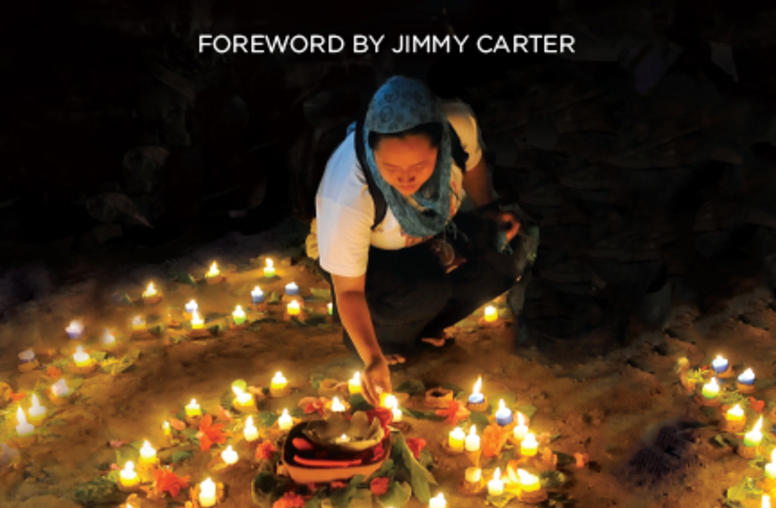
Women, Religion and Peacebuilding
Women, Religion, and Peacebuilding: Illuminating the Unseen examines the obstacles and opportunities that women religious peacebuilders face as they navigate both the complex conflicts they are seeking to resolve and the power dynamics in the institutions they must deal with in order to accomplish their goals.
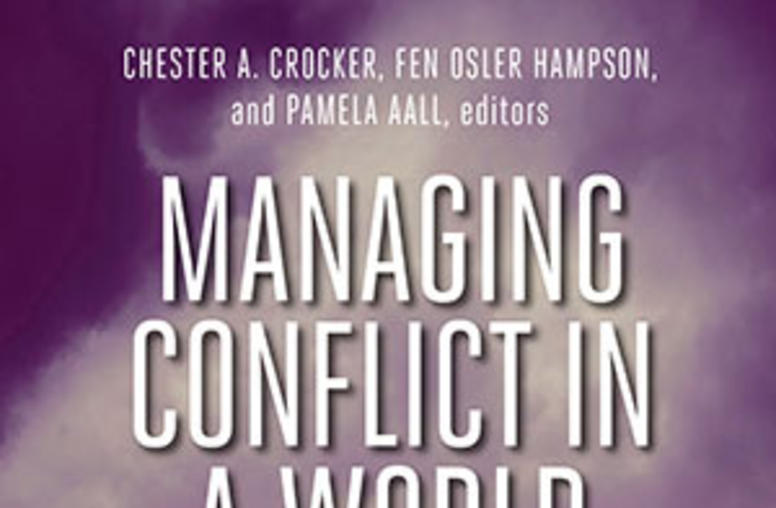
Managing Conflict in a World Adrift
In the midst of a political shift where power is moving from central institutions to smaller, more distributed units in the international system, the approaches to and methodologies for peacemaking are changing. "Managing Conflict in a World Adrift" provides a sobering panorama of contemporary conflict, along with innovative thinking about how to respond now that new forces and dynamics are at play.
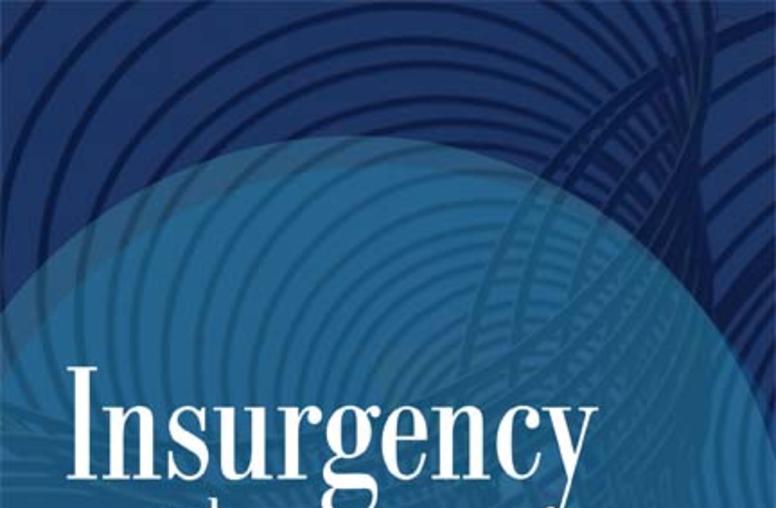
Insurgency and Counterinsurgency in South Asia
In Insurgency and Counterinsurgency in South Asia, ten experts native to South Asia consider the nature of intrastate insurgent movements from a peacebuilding perspective. Case studies on India, Pakistan, Nepal, and Sri Lanka lend new insights into the dynamics of each conflict and how they might be prevented or resolved.
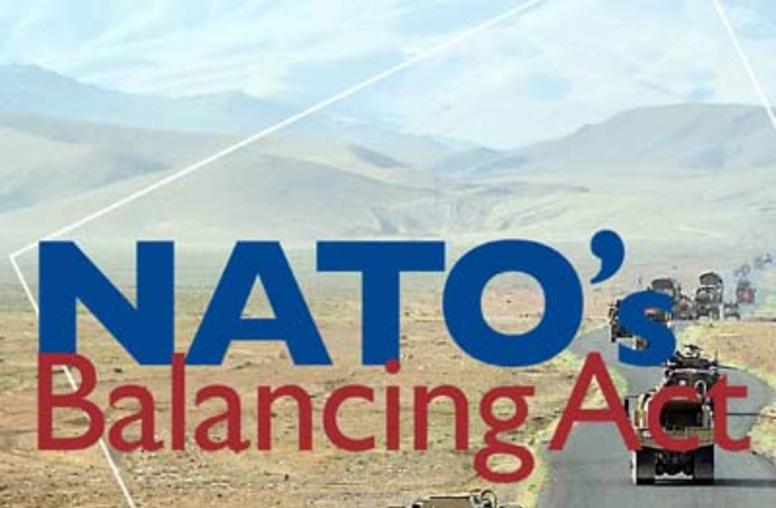
NATO’s Balancing Act
NATO's Balancing Act evaluates the alliance’s performance of its three core tasks—collective defense, crisis management, and cooperative security—and reviews its members’ efforts to achieve the right balance among them. Yost considers NATO's role in the evolving global security environment and its implications for collective defense and crisis management in the Balkans, Afghanistan, Africa, Libya, and elsewhere.
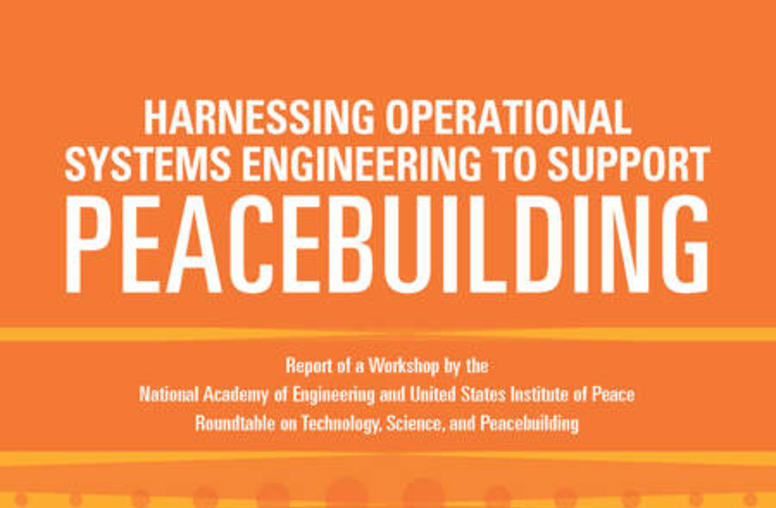
Harnessing Operational Systems Engineering to Support Peacebuilding
On November 20, 2012, the Roundtable on Science, Technology, and Peacebuilding – a partnership between the U.S. Institute of Peace and the National Academy of Engineering – held a workshop in Washington, DC, to explore when operational systems engineering can be a useful tool for improving the design, implementation, and effectiveness of peacebuilding interventions. This summary provides a synopsis of the day’s discussion.

Getting It Right in Afghanistan
As the United States and NATO prepare to withdraw their troops from Afghanistan in 2014, the question remains as to what sort of political settlement the Afghanistan government and the Taliban can reach in order to achieve sustainable peace. If all parties are willing to strike a deal, how might the negotiations be structured, and what might the shape of that deal be? Getting It Right in Afghanistan addresses the real drivers of the insurgency and how Afghanistan's neighbors can contribute to...